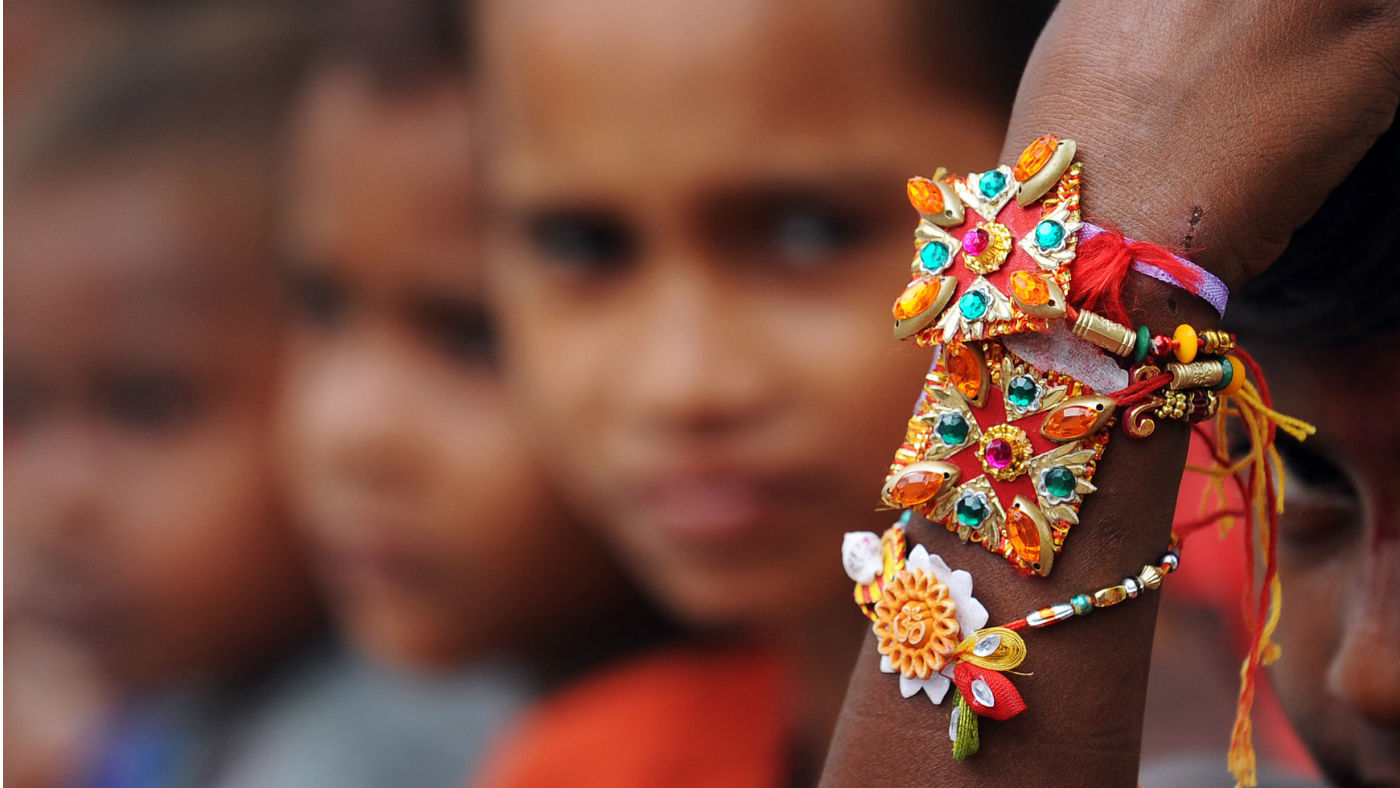Could two-child policy save India from overpopulation?
As activists scramble to educate the public on the need for contraception, some politicians push for a more radical solution

A free daily email with the biggest news stories of the day – and the best features from TheWeek.com
You are now subscribed
Your newsletter sign-up was successful
Politicians in India have intensified the debate on how to solve rapid overpopulation in the country by proposing a radical two-child policy for all citizens.
India’s population currently stands at 1.31 billion and it is expected to surpass China as the most populous nation in the world sometime in the mid-2020s.
According to government data, India's fertility rate has dropped to 2.3 births per woman in 2016, compared to 3.2 births per woman in 2000, “but the booming population has been raising concerns for decades due to a rising poverty, decline in jobs and a poor literacy rate”, reports CNN.
The Week
Escape your echo chamber. Get the facts behind the news, plus analysis from multiple perspectives.

Sign up for The Week's Free Newsletters
From our morning news briefing to a weekly Good News Newsletter, get the best of The Week delivered directly to your inbox.
From our morning news briefing to a weekly Good News Newsletter, get the best of The Week delivered directly to your inbox.
As a signatory to the International Conference on Population and Development declaration, which guarantees the reproductive rights of couples to decide the number of children they have, India does not have any immediate plans to introduce a two-child law.
Yet as activists and experts scramble to educate the public on the need for contraception and family planning, some have argued that only a radical solution can solve the issues caused by overpopulation.
A 2016 population control bill would have made it mandatory for couples to seek permission to have more than two children.
It never came to a vote but has prompted widespread debate among lawmakers about its merits.
A free daily email with the biggest news stories of the day – and the best features from TheWeek.com
Earlier this year, numerous petitions were filed with India’s Supreme Court, calling on it to compel the government to formulate and enforce strict population control measures.
Pointing out that India has the youngest workforce in the world, with 65% of the population under 35, one petition said, “[A] population explosion is driving the youth towards ubiquitous unemployment,” and warned that if this persists “it could lead to a civil war”.
At least part of the reason why “growing circles of politicians and businesspeople” are advocating stricter controls on family size “is fear of demographic changes that could threaten the establishment”, says Kiran Sharma in the Nikkei Asian Review.
“The fertility rate among urban, middle-class women has fallen as India has grown richer. This has widened the income gap between relatively wealthy cities and towns, and villages still mired in poverty,” says Sharma.
Indian authorities will be anxious not to repeat the mistakes made by China, which introduced a draconian one-child policy in 1979 over concerns the population was increasing at a rate the state could not support.
While it was finally repealed in 2015, it has left the country with a male-dominated demographic and aging population that authorities fear could lead to shrinking workforce that will hurt future economic growth prospects.
There is also a more prosaic reason a two-child policy could never work in the world’s largest democracy.
“No government can bring any such strong policy in India. People will reject it. The two-child policy is not possible with the socio-economic condition of the country,” says population expert B. Paswan.
“The change will come with development. It is heading that way already,” he adds.